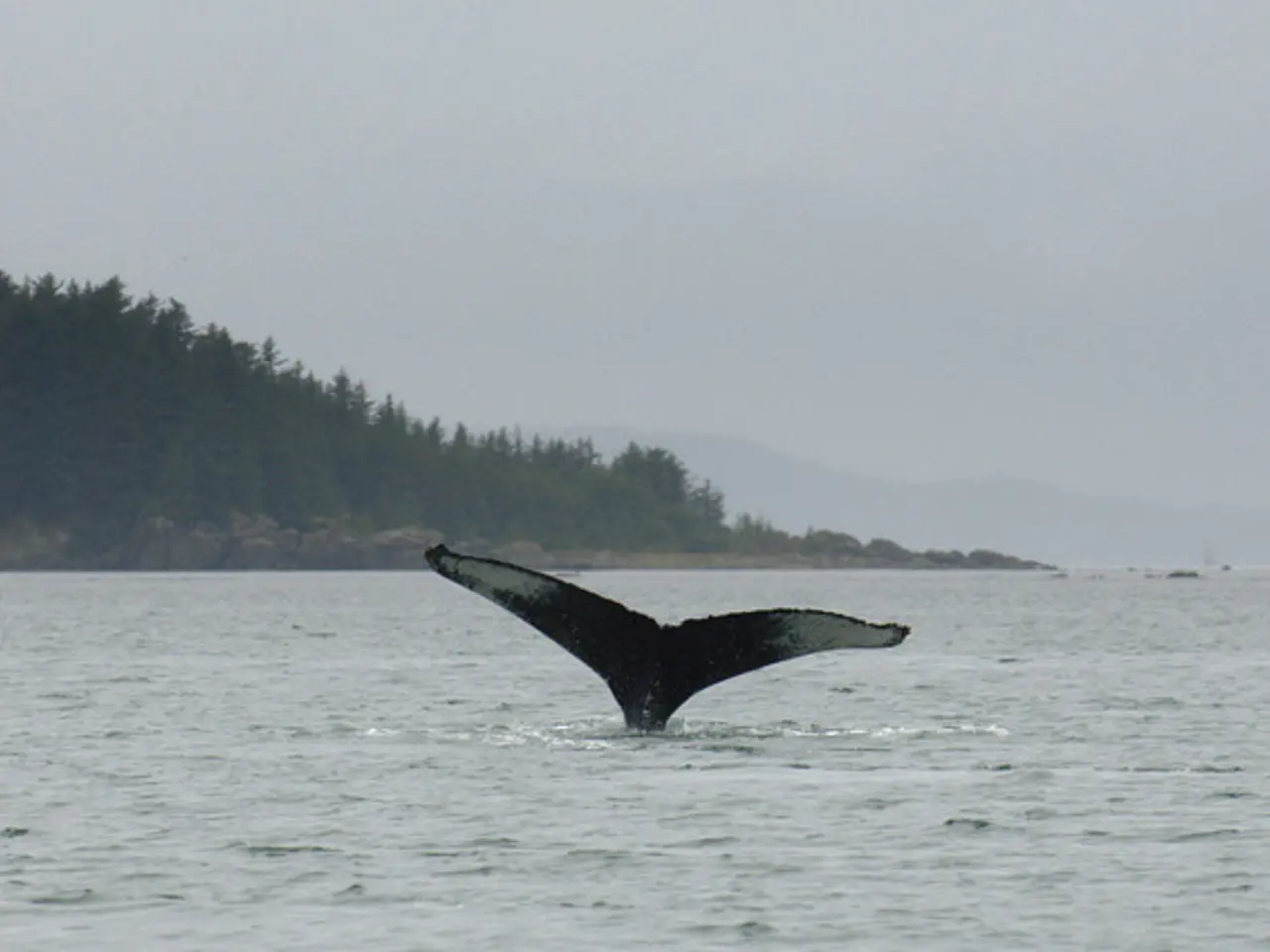Japan's Stranded Whales Prior to Tsunami Alert in Russia
In a series of events that have left many on edge, a magnitude 8.8 earthquake struck the Russian peninsula of Kamchatka today, marking the largest earthquake in Russia over the past 70 years. The tremors have prompted tsunami alerts along the entire Pacific coast, with countries bracing themselves for the potential impact.
The earthquake seems to have had an unexpected consequence, as four whales were found stranded on the beach of Heisaura, a city in Tateyama, Chiba prefecture, hours before the tsunami alert was issued. Interestingly, research teams from the Japan Agency for Marine-Earth Science and Technology (JAMSTEC) and marine biologists at the University of Tokyo are currently investigating the possible causes of the appearance of four whales off the coast of Tateyama shortly before the tsunami alarm was triggered.
In a similar incident, footage of five stranded beluga whales being assisted by fishermen on the coast of Kamchatka has circulated on social media. Changes in tides may have contributed to the stranding of these whales. However, it's important to note that images of stranded whales in Heisaura and Kamchatka, which have been shared online, were recorded before the earthquake that caused the tsunami.
The first waves of the tsunami, around 30 centimeters high, reached the city of Hanasaki, in Nemuro, at 10:30 local time (1:30 GMT). So far, waves up to 60 centimeters high have been recorded in Kuji (Iwate prefecture) and in Hamanaka (Hokkaido prefecture). Authorities urge their population to retreat to high areas, not to approach the coasts, and evacuate the areas that may be more dangerous.
In Japan, preparations are being made for the arrival of a tsunami. The priority in Japan is to be alert for the possibility of giant waves reaching Japanese shores. Authorities have warned of the risk of continued arrival of higher tsunamis in Japan. The alert is maintained in practically the entire Japanese Pacific coast.
A man recorded a video of the stranded whales moving their fins in Heisaura, adding a sense of urgency to the situation. The incident of stranded whales in Heisaura is considered suspicious by authorities, and they are investigating the possibility of a connection between the whale strandings and the earthquake.
As the events unfold, the rest of the countries with coasts on the Pacific Ocean are waiting, their eyes fixed on the horizon, hoping for a peaceful resolution to this natural disaster. The investigation into the possible causes of the whale strandings and the earthquake continues, shedding light on a fascinating yet concerning turn of events.








